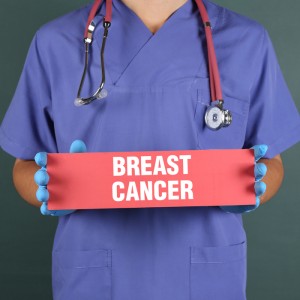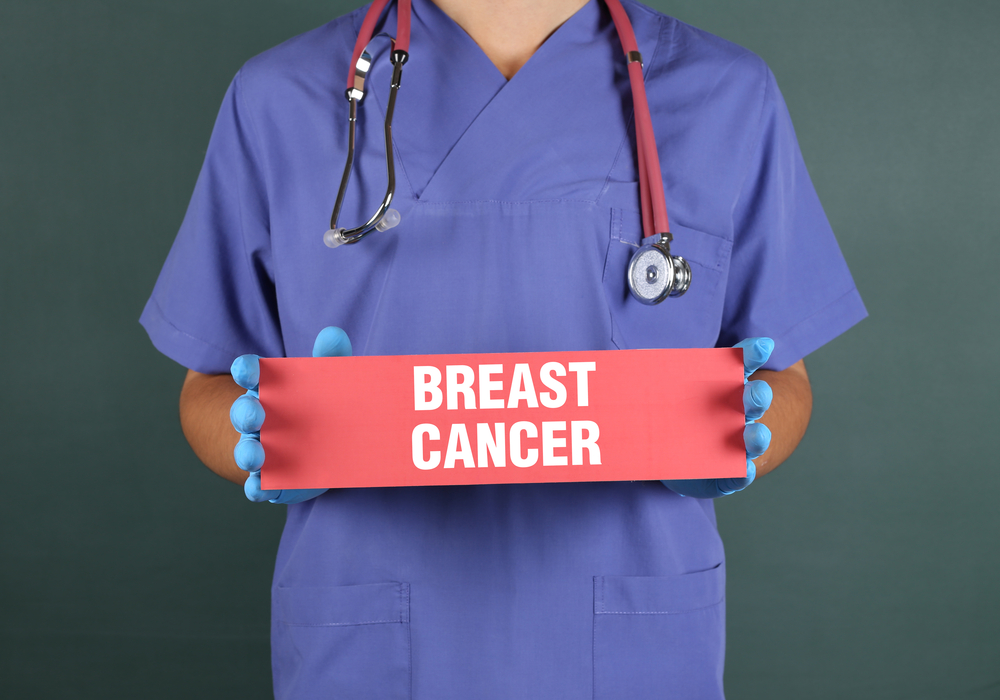 According to a recent study, published in the Journal of Clinical Oncology by Johns Hopkins Kimmel Cancer Center researchers, the risk of early stage breast cancer patients developing leukemia after radiation therapy treatment or chemotherapy, even though small, is two times higher than reported in previous research.
According to a recent study, published in the Journal of Clinical Oncology by Johns Hopkins Kimmel Cancer Center researchers, the risk of early stage breast cancer patients developing leukemia after radiation therapy treatment or chemotherapy, even though small, is two times higher than reported in previous research.
The research team used data from the National Comprehensive Cancer Network relative to 20,063 breast cancer patients who received treatment at 8 different U.S. cancer centers between 1998 and 2007. Among patients who had cancer recurrence or secondary cancers, 50 developed some type of leukemia in the first 10 years after radiation therapy, chemotherapy or a combination of the two (0.5% risk).
Previous data from clinical trials had concluded that breast cancer patients were at a 0.25% risk of developing leukemia as a consequence of radiotherapy or chemotherapy.
“The frequency of bone marrow cancers such as leukemia is small, there’s no question about it,” Judith Karp, M.D., professor emerita of oncology at the Johns Hopkins University School of Medicine said in a news release. “However, the cumulative risk over a decade is now shown to be twice as high as we thought it was, and that risk doesn’t seem to slow down five years after treatment. Most medical oncologists have come to think that the risk is early and short-lived. So this was a little bit of a wake-up call that we are not seeing any plateau of that risk, and it is higher.”
[adrotate group=”1″]
This study could raise awareness and aid both early-stage breast cancer patients and their physicians to rethink the use of aggressive treatments as preventive measures.
“Our study provides useful information for physicians and patients to consider a potential downside of preventive or adjuvant chemotherapy in patients with very low risk of breast cancer recurrence,” Antonio Wolff, M.D., a professor of oncology at the Johns Hopkins University School of Medicine, added in the news release. “It could be a false and dangerous security blanket to some patients by exposing them to a small risk of serious late effects with little or no real benefit from the treatment.”


